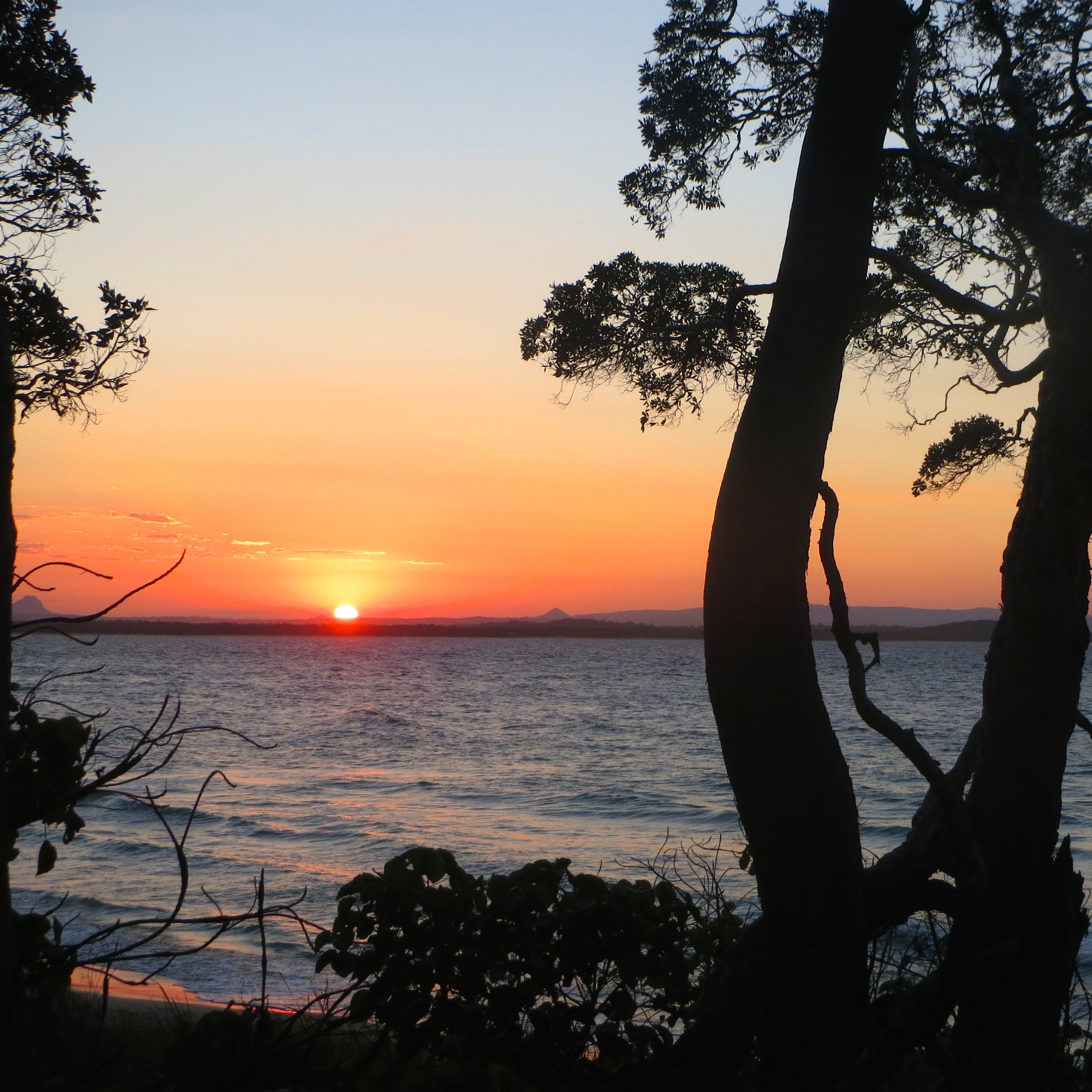This is an experiment, a study. It’s not grandiose. It’s not done with flow charts and decades of data. There is no power point presentation.
Do I hear a sigh of relief? Before you get too relaxed, let me tell you it is all about me.
And you.
I launched this website, this thought blog, because I couldn’t get questions of belonging out of my head. It creeps into everything I write. It infiltrates conversations. It’s like the line of black ants on my study wall that keep coming back after the antiseptic wash, the vacuuming, the honey-scented poison. It’s not a bad thing and neither are the ants. I’d just like to have some control over what goes on in my head. And on my walls.
Until recently, I’d assumed it was mainly serial migrants like me and foreigners who had that dangling modifier feeling of not belonging. Off on our own we look ok, but next to the others there is just something not quite right. Like we’re in a military parade and not matter how many of those little hops we do, we just can’t get in step.
When Creative Nonfiction (US) published “After the Flood on Harte Street” in the Fall 2012 issue, I was surprised by the response. This piece meandered through friendship and community, the practicalities of cleaning up after the natural disaster that was Brisbane’s 2012 flood and my ‘place’ in Australia, country number four. But it was the thread on belonging, or rather, not belonging, that most readers commented on. Even more surprising was that many of those who felt they too didn’t belong were living in their country of birth.
Let me say here that I am a serial migrant by choice and I’m fortunate to have been born in Canada where I had that choice. I’m not saying that living in France, writing CVs and cover letters in a foreign language or navigating often unwritten cultural rules in the UK or Australia has been easy, but it’s what I’ve felt compelled to do. It’s what I have wanted.
During the flood clean-up that I wrote about, I became part of something greater for the first time in decades. I had tapped into that old barn-building sense of community, and it was something I had never consciously sought.
If I’m honest, and I’m trying to be as truthful as I can, belonging is something I have avoided. My husband reminded me recently that I’ve often said I like being foreign because I like being different. I do.
In some egotistical way it probably makes me feel unique and special. I like anonymity. I like adventure. I like being a wanderer. I like my marginalised state: I can move between borders, pick the best of each country and make it mine. I can be noncommittal, I can plead ignorance. I can pretend the unsavoury parts of these countries are not mine.
I have been thinking about belonging since I first left Toronto on a Wardair flight bound for Paris in 1989. I didn’t feel I belonged in Canada either; I was desperate to see the world, to live in other countries, to learn another language.
So I became a foreigner in France and even more of foreigner when I moved to Toronto six years later. The UK felt better, but so many people are migrants in London that it was easier to grasp moments of belonging. Australia has been different. My children were born here, my English husband has become Australian. Yet, after almost 12 years here, I still feel I don’t belong.
Is it me? Them? Or just being upside down?
What makes an individual feel he or she belongs? Does belonging where we live even matter when we can see and talk with with friends and family around the world in an instant?
Do we have any power over this, or is belonging determined by things outside ourselves?
Over the next 12 months, I’ll be throwing myself into experiencing and learning about belonging and Australia to see if I can make it happen.
Can I make myself belong here, or is belonging something we stumble upon accidentally?



